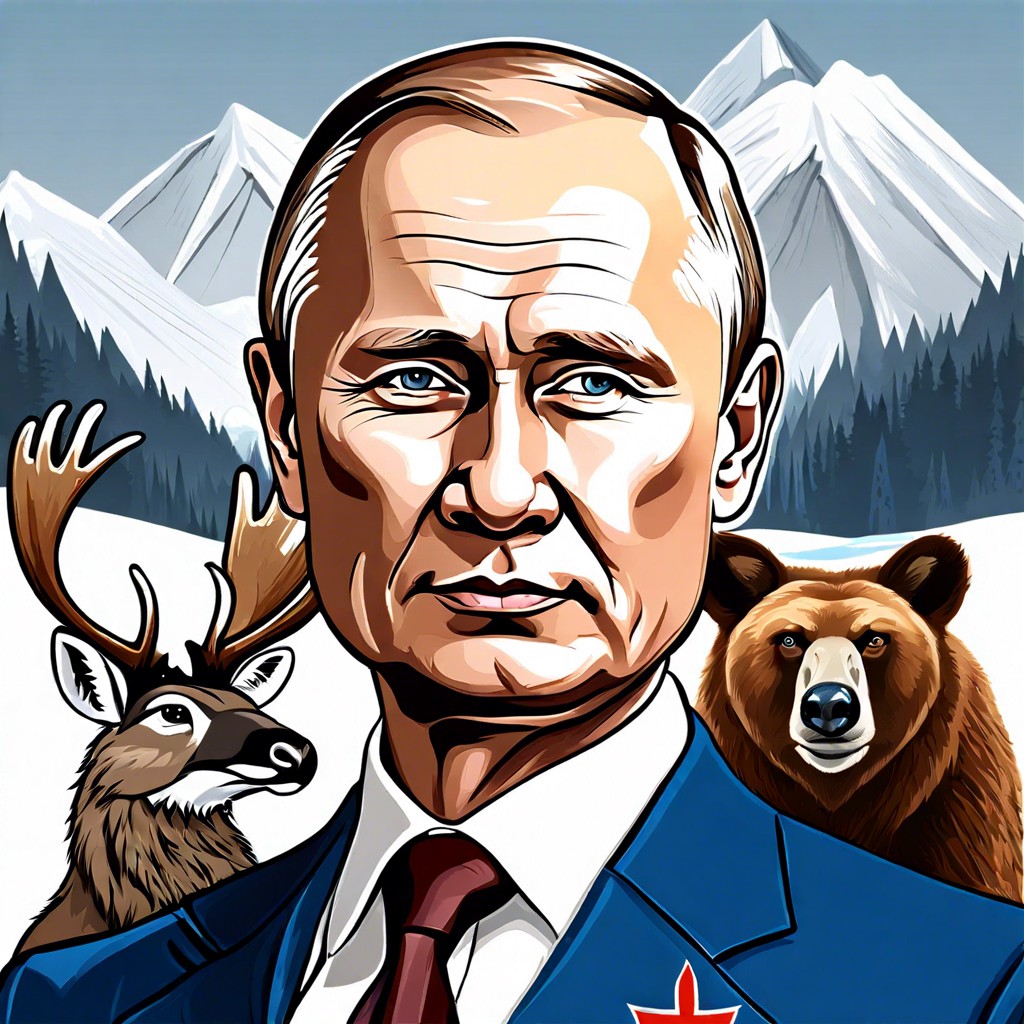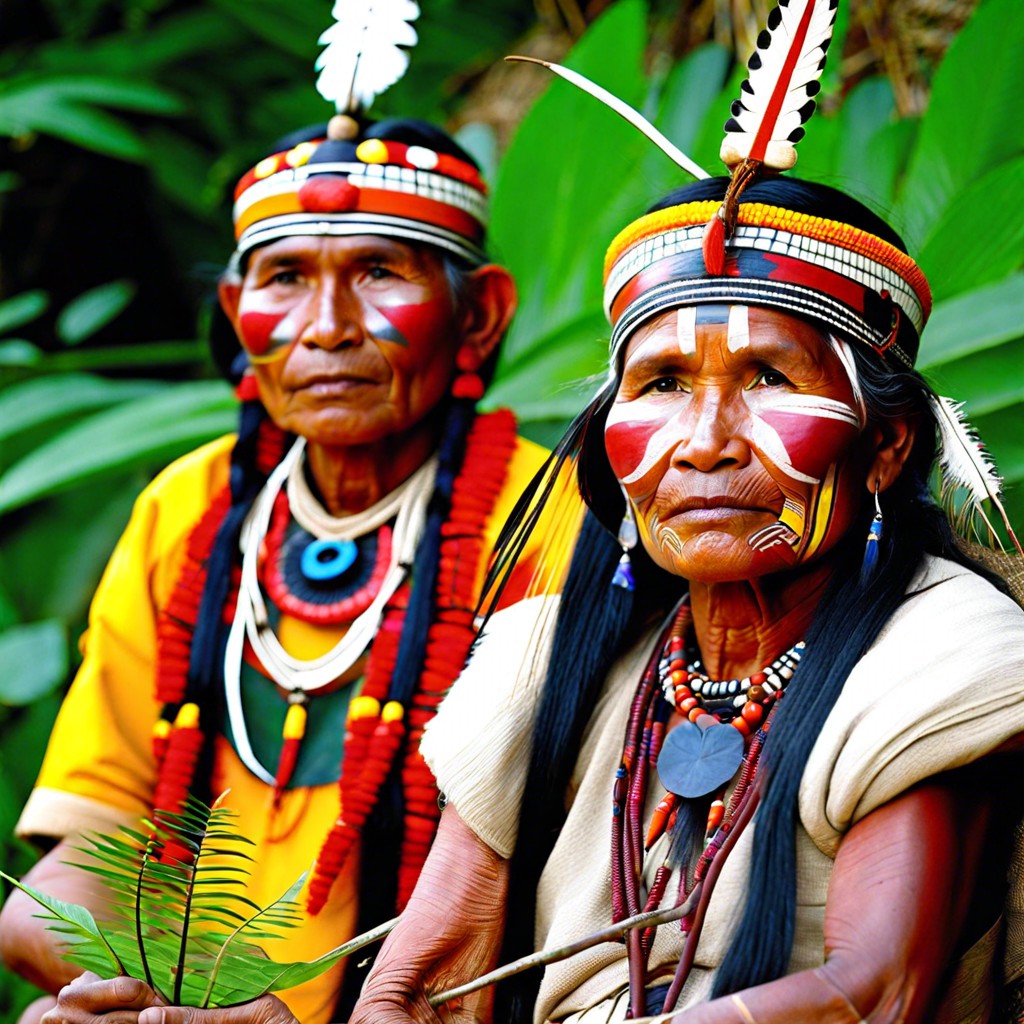Discover how the world might look different today if Russia had never sold Alaska to the United States.
What if Russia never sold Alaska? Picture a world where the Russian bear kept its icy paw on America’s icy state. Cue the alternate history fireworks! From economic upturns for Russia to potential military showdowns, this hypothetical twist in history teems with tantalizing possibilities. Could it have altered the lives of indigenous populations? Perhaps even shifted the Earth’s environmental stewardship? Join this kaleidoscopic journey into the past that never was, and uncover how such a monumental decision could reshape cultures, ecosystems, and international dynamics. Buckle up, the iceberg of insights awaits!
Key takeaways:
- Russia’s potential economic upturn with Alaska’s resources.
- Possible negative impact on Alaska’s Indigenous populations under Russian rule.
- Hypothetical military conflicts or tensions with Russia holding Alaska.
- Varied environmental stewardship outcomes, from exploitation to protection.
- Potential cultural fusion and societal influences of Russian-Alaskan integration.
Economic Implications for Russia

Imagine Russia sitting on a treasure chest but deciding not to open it. By keeping Alaska, Russia would have continued to exploit the state’s vast natural resources, from gold and oil to fisheries and timber. These assets could have fueled Russia’s economy, potentially lifting it to new heights.
On the flip side, think of the costs—maintaining infrastructure, providing services, and securing this far-flung territory wouldn’t exactly be cheap. Russia might have found itself in a financial tug-of-war, balancing profits with the expenses of managing such a distant land.
And let’s not forget the potential missed revenue from the historic sale price of $7.2 million. Though it sounds like chump change today, back then, it was a hefty sum that helped fill Russia’s coffers at a critical time. Holding onto Alaska, they would have traded short-term gain for long-term economic complexity.
Impact On Indigenous Populations
Russian ownership might have significantly altered the lives of Indigenous populations in Alaska. Russian policies of the 19th and early 20th centuries tended to be exploitative, focusing on resources rather than people. It’s likely Indigenous communities would face more aggressive resource extraction.
Cultural preservation efforts could be different. Perhaps traditional languages and practices would receive less support, given Russia’s historical approach to assimilation.
Education and healthcare might not have developed as they did under American influence. Imagine fewer schools, limited medical facilities, and a wider incidence of preventable diseases.
Political representation falls short too. Indigenous voices might find fewer platforms, leading to greater marginalization in decision-making processes.
In short, daily life for Alaska’s Indigenous people under prolonged Russian rule might be tougher, with fewer opportunities for cultural and physical well-being.
Possible Military Conflicts or Tensions
Imagine the globe like a big game of Risk, but one with real consequences and fewer dice. With Russia holding onto Alaska, the Cold War era might have taken on a frosty new dimension. Picture Soviet nukes chilling just a hop and skip from America’s doorstep. You think the Cuban Missile Crisis was tense? Try the Alaskan Standoff, starring moose and missile silos.
First off, the proximity would turn the Bering Strait into a geostrategic hotspot, ripe for continuous cat-and-mouse naval games. Submarines lurking beneath icy waters, spy planes buzzing overhead like nosy neighbors—military maneuvers would be routine.
Then there’s the aerospace defense factor. Let’s chat about NORAD (no, not the millennial’s Santa tracker). The North American Aerospace Defense Command would have been on red alert 24/7, potentially leading to an elevated arms race in the Arctic region. Spoiler: igloos wouldn’t stand a chance.
Lastly, we can’t ignore the territorial skirmishes. With Russia’s penchant for tweaking global nerves, minor altercations along a shared Alaskan border could escalate, recruiting snowballs into full-scale snow fights. It’s like Game of Thrones, but for the North Pole.
Environmental Stewardship and Exploitation
Imagine if Russia had retained Alaska, a vast land brimming with natural resources and pristine wilderness. The environmental impact could have gone in several directions. On one hand, Russia might have prioritized resource extraction, given its historical love affair with oil and natural gas. The lush, unspoiled landscapes of Alaska could have faced extensive drilling and mining operations.
Conversely, Russia might have also implemented stricter environmental regulations. They could have placed more areas under protection, inspired by the Siberian reserves. Maybe we’d see Alaskan reserves with adorable, fluffy white bears frolicking around, untouched by human greed.
Alaska’s unique ecosystems have always been fragile. Russian control might mean better scientific research and possibly even enhanced efforts to combat climate change. Or it could mean… less polar bears and more pollution.
Environmental policies under Russia would likely differ greatly from those under the US, for better or worse. Would we have thriving habitats or industrial wastelands? The answer might have swung either way, just like Siberian winters—unpredictable and extreme.
Cultural and Societal Influences
Having Alaska as part of Russia would create a fascinating cultural melting pot. Imagine a Russian-American hybrid cuisine: borscht with a side of reindeer sausage, anyone? The influence would extend beyond food. The fusion of Russian Orthodox traditions with native Alaskan customs could result in unique festivals and a mélange of languages.
Russian literature and arts might find new muses in the breathtaking Alaskan landscapes. Picture Dostoevsky-inspired novels set against the backdrop of icy fjords. The cultural exchange could be mutual. Alaskan indigenous art might have dramatically influenced Russian artistic movements, giving them a distinct touch.
Television could be another quirky frontier. “Survivor: Siberia-Alaska Edition” would certainly make for some nail-bitingly cold drama. Educational systems would also benefit from this cultural cauldron, creating citizens well-versed in both Russian and American histories.
Finally, sports might see an interesting twist. Ice hockey teams blending the grit of Russian methods with the Alaskan wilderness spirit could redefine the sport. Dance competitions featuring a mix of Russian ballet and indigenous traditional dances would be spellbinding.




